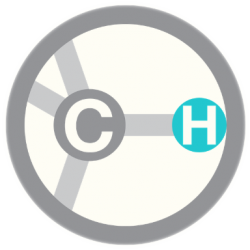Authors: Cory S Freedland, Hilary R Smith, Stephanie L Hart, James B Daunais, Huw M.L Davies, Linda J Porrino
Brain Research
2000, 869, 1-2, 98-104
In the present study the effects of the repeated administration of the novel tropane analog PTT (2β-propanoyl-3β(4-tolyl)tropane) on spontaneous locomotor activity were compared to those of cocaine. Previous reports describing the in vivo effects of PTT have focused solely on its acute effects following a single administration. In Experiment 1, PTT (1.0, 3.0 mg/kg), cocaine (30 mg/kg), or vehicle were administered intraperitoneally to male Sprague–Dawley rats daily for 10 consecutive days and locomotor activity was assessed. In Experiment 2, the locomotor effects of PTT (1.0 mg/kg) and cocaine (15 mg/kg) were assessed following 5 days of drug exposure to either PTT (1.0, 3.0 mg/kg) or cocaine (30 mg/kg) and 18 days of withdrawal. In both paradigms, PTT (1.0, 3.0 mg/kg) and cocaine (30 mg/kg) produced marked increases in locomotor activity acutely and an augmented response to drug challenge following repeated exposure, indicative of behavioral sensitization. These data indicate that, despite differences in the pharmacological profiles of PTT and cocaine, both drugs produce behavioral sensitization. These data are consistent with previous reports in the literature describing the effects of the repeated administration of other dopamine reuptake inhibitors and suggest that the development of behavioral sensitization is a uniform characteristic of this class of drugs.

